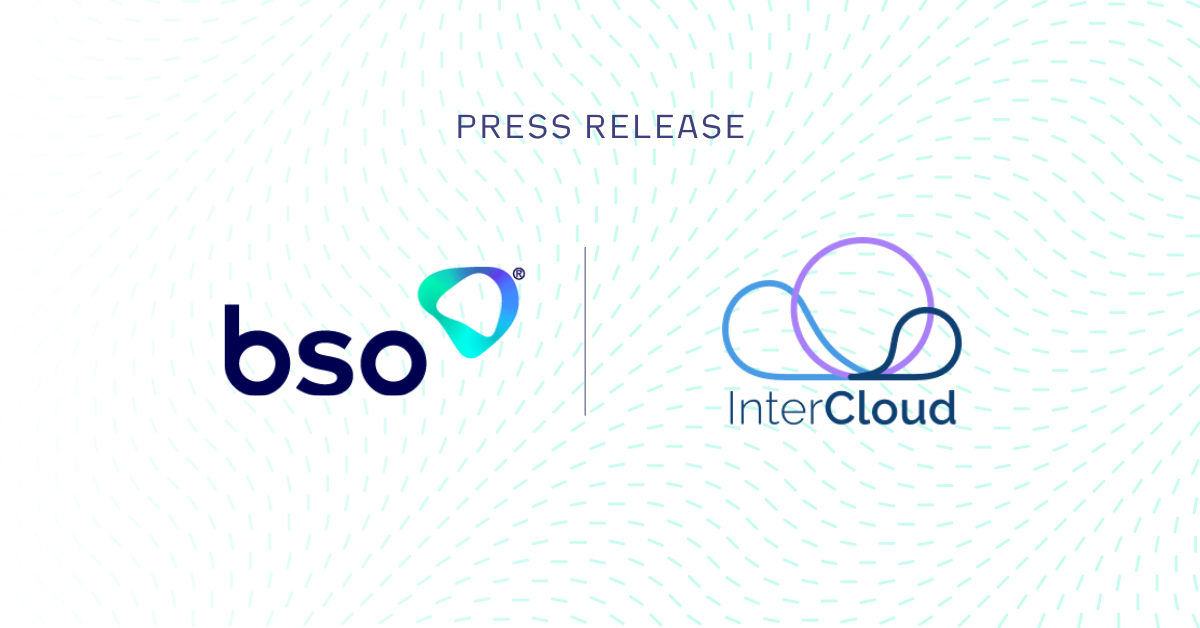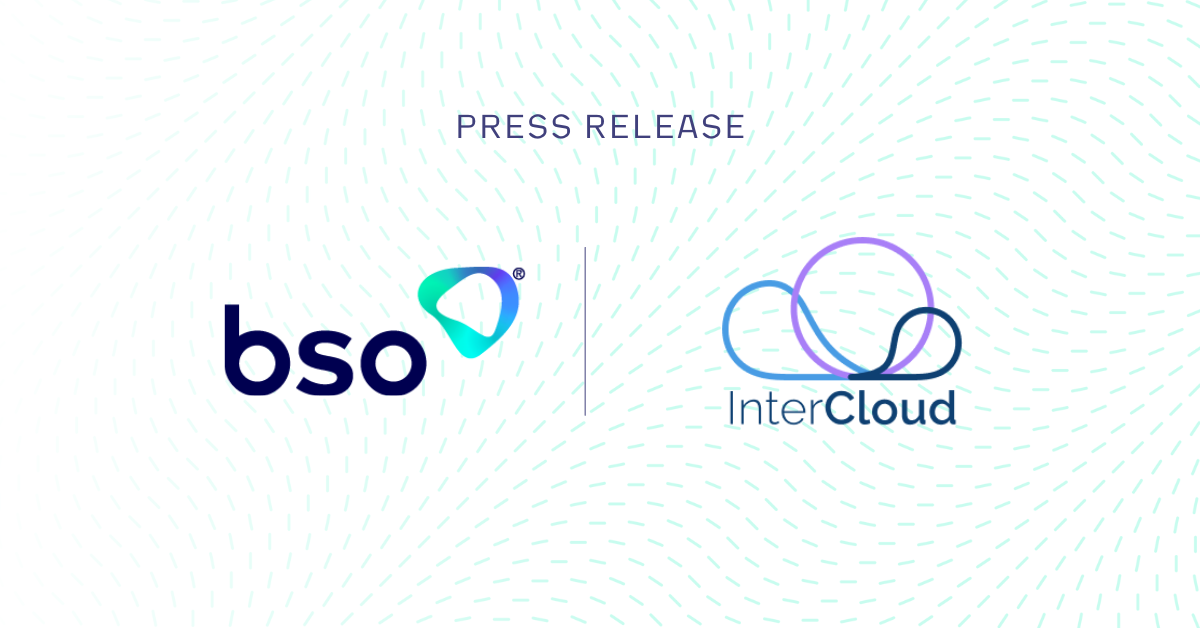
Migrating to the Cloud requires a clear migration strategy and effective forecasting to ensure a smooth transition and cost optimisation. Below, we detail the significance of these steps to ensure your business achieves its objectives.
The Importance of Defining a Cloud Migration Strategy
Defining a balanced Cloud strategy can significantly enhance business performance for several reasons:
-
- Cost-effectiveness: A balanced approach allows businesses to optimise cost-effectiveness by carefully allocating workloads between public, private, and hybrid Cloud environments based on specific requirements.
- Agility and Flexibility: A balanced Cloud strategy promotes agility and flexibility, enabling businesses to respond quickly to changing market demands and scale resources as needed.
- Reducing Vendor Lock-in: A balanced Cloud strategy reduces the risk of vendor lock-in, empowering firms to choose the most suitable Cloud services and providers without becoming overly dependent on a single vendor.
The Need for Proper Forecasting
Forecasting plays a vital role in gaining control over Cloud costs and empowering businesses to drive cost efficiency and plan resource usage appropriately. By accurately projecting future Cloud usage and expenses based on historical data and growth trends, businesses can:
-
- Accurately anticipate resource needs.
- Prevent unexpected cost spikes.
- Identify potential cost-saving opportunities.
This enables them to align Cloud spending with business growth projections and make strategic decisions to maximise the value of their Cloud investments.
Implementing a Successful Forecasting Strategy
Forecasting approaches are very dependent on a company's timelines and available resources. Below, we outline the three fundamental Cloud forecasting approaches to consider:
-
- Planning (long-term): Evaluating priorities and aligning resources to business initiatives, projecting the natural growth of Cloud environments over the forthcoming year by considering past usage trends, future business growth, and anticipated events.
- Budgeting (medium-term): Setting budgets for different units, teams, and services, alerting stakeholders if spending appears unfavourable, and considering horizons like the next month, quarter, and year.
- Monitoring (short-term): Looking ahead about 30 days to forecasted, actual, and budgeted spending for all teams or services, allowing for tracking progress and, if necessary, corrective action to avoid budget overruns.
Ideally, all three forecasting approaches should be used simultaneously for short-, medium, and long-term business needs and planning. If only one approach can be prioritised at a time, consider your timelines and resources and whether you need to optimise your Cloud environment immediately or if there is time to take a more holistic forecasting approach for long and short-term considerations and goals.
Read BSO's Cloud guide to help you make the best IT decisions for your organisation.
Summary
While the benefits of the Cloud are well known, choosing a Cloud solution provider and moving to the Cloud are complex processes that require careful planning and thought. With the right partner, your Cloud infrastructure can deliver a valuable return on investment, but with the wrong partner, you could be putting your entire IT function - and the associated costs - at risk.
Please learn more about BSO and how our flexible Cloud offering can meet your Cloud needs, or contact our expert team for more information.
ABOUT BSO
The company was founded in 2004 and serves the world’s largest financial institutions. BSO is a global pioneering infrastructure and connectivity provider, helping over 600 data-intensive businesses across diverse markets, including financial services, technology, energy, e-commerce, media and others. BSO owns and provides mission-critical infrastructure, including network connectivity, cloud solutions, managed services and hosting, that are specific and dedicated to each customer served.
The company’s network comprises 240+ PoPs across 33 markets, 50+ cloud on-ramps, is integrated with all major public cloud providers and connects to 75+ on-net internet exchanges and 30+ stock exchanges. The team of experts works closely with customers in order to create solutions that meet the detailed and specific needs of their business, providing the latency, resilience and security they need regardless of location.
BSO is headquartered in Ireland, and has 11 offices across the globe, including London, New York, Paris, Dubai, Hong Kong and Singapore. Access our website and find out more information: www.bso.co
SALES ENQUIRY
Get in touch now. Find out how we can transform your business_
You might be interested in_
THE BSO DIFFERENCE
The industries we work across_





/Revolutionising-Connectivity%20BSOs-Tailored-Cloud-Solution-for-CryptoStruct-GmbH.png?width=1050&height=550&name=Revolutionising-Connectivity%20BSOs-Tailored-Cloud-Solution-for-CryptoStruct-GmbH.png)
/6%20Cloud%20Best%20Practices%20for%20Financial%20Technology%20Companies.jpg?width=1200&height=600&name=6%20Cloud%20Best%20Practices%20for%20Financial%20Technology%20Companies.jpg)








